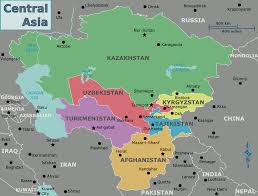
Introduction
Mark Carney, the former governor of the Bank of Canada and the Bank of England, has been a pivotal figure in global finance. His work has significant implications on economic policy and sustainability, making his contributions increasingly relevant in today’s economic climate, particularly as the world grapples with a transition towards sustainable practices.
Carney’s Career and Contributions
Carney, a Canadian, served as the Bank of Canada governor from 2008 to 2013, during which time he successfully navigated the country through the global financial crisis. His leadership was critical in fostering stability and confidence in Canada’s financial system. Following his tenure in Canada, Carney was appointed as the governor of the Bank of England from 2013 to 2020, where he was an advocate for addressing climate change through financial strategies.
His recent initiatives have centered around the Task Force on Climate-related Financial Disclosures (TCFD), which he helped establish, aiming to create a framework for businesses to disclose climate-related risks effectively. Carney’s stance emphasizes the need for financial institutions to adopt practices that foster environmental sustainability, recognizing that the impacts of climate change pose a systemic risk to the financial sector.
Current Focus and Advocacy
In a recent appearance at the COP26 climate conference, Carney highlighted the need for urgent action to combat climate change, arguing that the transition to net-zero emissions presents both risks and opportunities for the global economy. His calls for mobilizing capital towards sustainable investments are echoed by world leaders and financial experts alike, aiding the drive for eco-friendly initiatives across industries.
Conclusion
As the world faces increasingly complex challenges related to economics and climate change, Mark Carney remains a leading voice advocating for innovative solutions that integrate sustainability into financial practices. His efforts underscore the significance of proactive measures in shaping a resilient economic future. As we continue to navigate these challenges, Carney’s insights will likely play a crucial role in influencing policy decisions and industry practices that align with a sustainable and equitable future for all.



